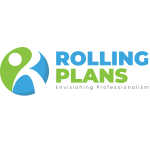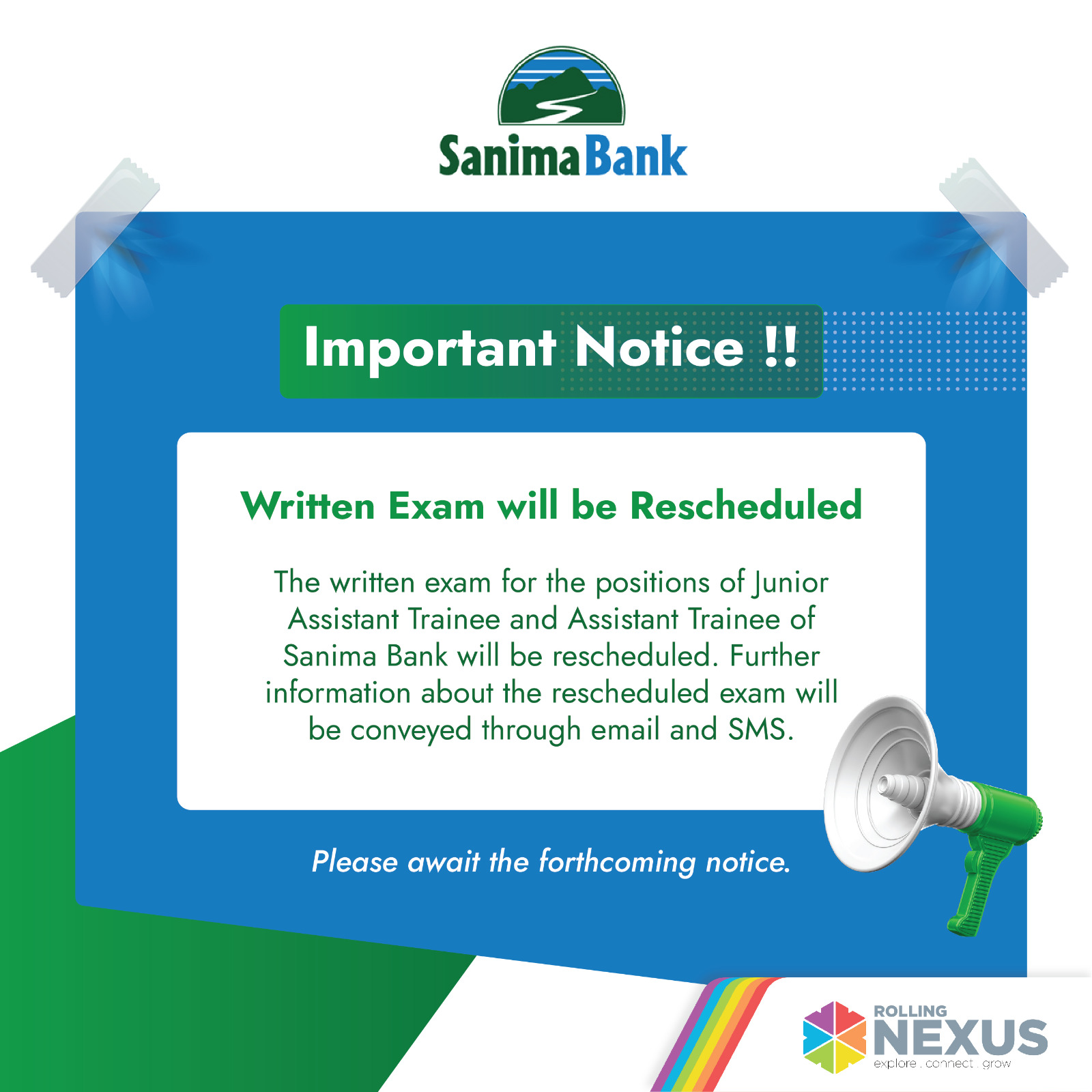Importance of a Good Resume
A resume is a document for self-advertisement. It helps you stand out in the competitive market by highlighting your skills, work experiences, training, education and more.
In typical words, a resume is a synopsis of your achievements, education, employment history, qualifications and so on in ways that likely bring about favour to your application.
Almost all employers and companies ask for resumes from applicants. It is the most common form of personal document used to market oneself.
A resume must be succinct with no added irrelevant information. It should be no longer than two pages. You can make bulleted lists to make it brief and to the point.
You can find different types of resume templates according to your preference. Moreover, you can customise resumes to make them more appealing to hiring managers.
A good resume and its importance
Before moving further with the importance, it is necessary to know what makes a resume a good resume. Just because you can write a resume doesn't mean you will get hired.
You need to write a good resume because your chances of getting hired greatly depend on your resume too besides other significant factors.
A good resume is required because it would be your first step towards finding a job. And a new job brings money and professionalism and those two things will lead you to the path of discipline, health, wealth, love and more.
Importance of a good resume
-
First impressions matter. If you want to impress employers then your resume must be good.
-
A resume is a written proof of your professional image that has the potential to land you the job of your dreams. A good resume sometimes can be your only chance to get noticed by the recruiter.
-
A good resume highlights your eligibility and qualifications with precision to the job you are applying for, enabling hiring managers to determine you are the right candidate.
-
A good resume reflects your aspirations and achievements in ways that align with the objectives of the company you are applying for.
-
A good resume can outline what you bring to the table or can offer to the company.
-
A good resume is what will get you the attention of employers in today's competitive market.
-
A good resume sets the foundation for yourself to move forward in the hiring process eventually leading you to the job interview.
Structure of a good resume
Only a good resume can get you an interview call and for a resume to be a good one it needs to be structured. An organized resume saves you from ending up in the rejection pile.
So whilst writing a resume, you need to follow a format to make a lasting impression on the hiring managers.
A resume with structures helps recruiters find the relevant information right away and that's what you should aim for since they wouldn't hold onto your resume for more than a few minutes.
Personal Details
Under this section, you write down details that the hiring managers can use to get a basic idea of you and contact you as well if your resume makes it to the interview round.
You should include your name, address, contact information, email address. These are the must-have information that you should mention under the personal details section on your resume.
There are other optional details that you can include as well such as proof of having a driver license depending on the job requirement.
You can also mention a link to your LinkedIn profile or other relevant social media handles or online portfolio. But, this information needs to be up to date and accurately depict your resume.
Do not write down your marital status, religion or nationality under this section. Moreover, double-check to see that you have not inserted outdated contact information.
Professional Summary
Here, you write down a summary of your professional life by emphasizing your achievements and skills that are relevant to the job you are applying for.
You need to tailor your resume summary by stating all the required information whilst also keeping it brief. Make sure you opt for the right choices of words to leave a strong impression.
Your professional summary should be able to convince the hirings managers that they and their company can benefit from you.
Keep your summary precise, detail-oriented and highlight your skills and qualities that are suitable to the job description.
Employment History
This section is for your work history meaning whatever you have achieved so far in each position in a professional capacity. Employment history is to know whether you would be an important asset to a company depending on your previous work experiences.
This section tells the hiring managers on your behalf regarding how long you have stayed in one job, how many promotions you have gotten, what types of projects and tasks you have done and so on.
The details in this section should be concise and should demonstrate why you are the right fit for the position you are applying for. Importantly, don't forget to highlight your achievements and rewards.
Educational Qualifications
This section is to inform the employers about your educational background. And if your credentials are relevant to the job you are applying for then that will help you have an advantage over other candidates.
Here, you mention the name of your school, its location, graduation year, the field of study or major and degree you acquired. You should begin with your highest educational achievement and mention other degrees in reverse chronological order.
Also, this section is important because many jobs require candidates with specific educational backgrounds. So make sure that you are honest with your academic details since some employers might also run a background check on you.
If your education is still in progress then you can mention the year of intended graduation.
Additional Skills
The skill section is to show the hiring managers that you possess certain skills that are required to excel in the job position you are applying for. The list of skills that you mention under this section can be a determining factor in getting selected for a job interview.
Some of the additional skills can be active listening, interpersonal communication, problem-solving skills, computer skills, ability to work under pressure, ability to meet deadlines, time management, leadership and so on.
There are different soft and hard skills that you can mention if they match the job description. Likewise, there are some transferable skills that you can include depending on your competency.
You can ask your colleagues, seniors to identify your best skills whether they are job-specific or transferable to prove your expertise to the hiring managers.
Recommendations and References
The thing about this section that you need to pay attention to is that you do not include recommendations and references unless your prospective employer has requested you to.
Quality references can certainly help you land a job but you need to make sure that you have opted for the best reference available. Moreover, you should choose people who you trust to testify to your character and abilities. Essentially you should confirm with the people prior regarding using them as a reference.
Decide on how many references you want to include and confirm with all of them. Your resume reference can be your former manager or supervisor, academic advisor or professional mentor.
While mentioning the reference, write the reference name, position, company, company address, contact information along with the working relationship
Structure of a good resume for fresher
If you are a fresher then you might be wondering what you should include under the employment history and professional summary. Well, what you need to remember is that the resume of a fresher is different from that of a professional.
Instead of a professional summary, you can write career objectives that state your professional goals, aspirations and personal growth.
Similarly, you might not have professional work experiences but you can still mention internship and volunteering experiences, projects, part-time jobs and so on.
So when it comes to preparing a resume for freshers everything is the same except you should mention education before employment history in reverse chronological order.
Also, you can simply mention an Additional Information section where you can insert your entrance exam scores, college fests or events you have organized or participated in, presentations, newsletters, personal blogs etc. which you cannot accommodate in the Education Section.
A resume that gets you an interview call
There are particular guidelines you should follow if you want to receive an interview call. Writing a good resume is not good enough, you need to be mindful of resume etiquettes and prepare one according to them.
A good resume must be
-
2 to 3 Pages for Experienced & 1 to 2 Pages for Fresher
-
Simple, Sincere, Precise and Highly Informative like an attractive Advertisement
-
Customized and Updated Resume for every position you apply for
-
Detail Study of Terms of Reference
-
Font Black – 12, 14 and 16
-
Font – Times New Roman, Gill Sans MT or Cambria
-
Free of grammatical errors
Once you are aware of the general rules and format of a good resume, then you can easily create one or more depending on the number of jobs you are applying for.
You can also generate a resume via Rolling Nexus for free in just a few minutes. There are several options on the site. You can pick the format of your preference or even customize one.
So, what are you waiting for? Create your resume now for free!
Team Rolling Blogs
Head/Editor : Pravash Rai
Team Leader : Roshan Kalauni
Writers : Lachana Shakya, Birat Bijay Ojha & Shikshya Subedi
Designs : Beena Koju


